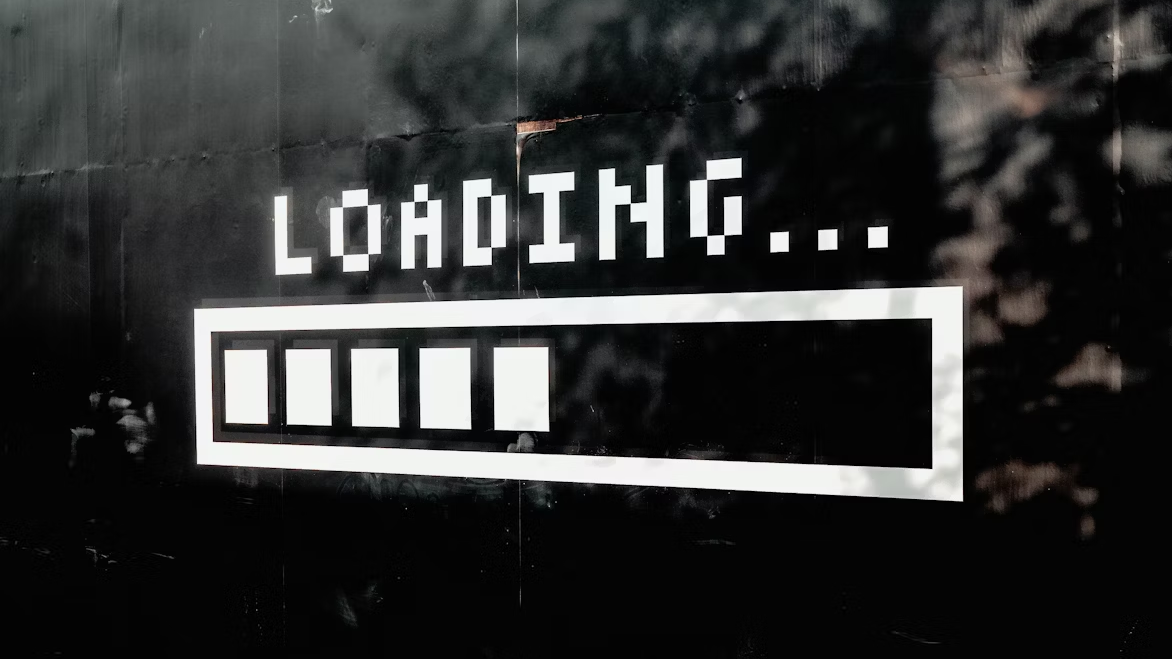Navigating the Live Betting World
Live betting is exciting because it’s fast and immediate, but it’s also tricky and needs you to be alert and flexible. Streaming delays often make you watch the game with lag, while delayed acceptance of bets may result in losing out on good odds. Bookmakers pause markets when you least expect it. Bookmakers keep improving their systems to stay ahead of smart bettors, making it harder to win.
Preparation is so important to those who want to take a chance on live betting. Focus on sports and markets you understand deeply, as this knowledge can help you anticipate events before they trigger suspensions or odds shifts. Consider exploring regions with robust betting markets, such as online sports betting CA sites that give players insights into platforms that offer competitive in-play options. Above all, practice patience—live betting rewards those who can stay calm amid the chaos.
Streaming Delays: The Hidden Time Gap
One big problem with live betting is the delay in live streams. Whether it’s football or tennis, the video you watch isn’t truly live. There’s usually a 5 to 15-second holdup because of how the video is captured and sent to you. This delay can be the difference between winning and losing.
Picture a basketball game where you see a team about to score a three-pointer. You bet on the next basket, but the shot already happened on the court seconds ago. The odds you saw were old, so your bet is at a disadvantage. This lag isn’t a mistake; it’s part of how live streaming works. Bookmakers know this and change the odds quickly based on real events, so bettors relying on streams are often behind.
Some bettors try to use faster sources like radio or unofficial low-delay streams, but these can be unreliable or even illegal. The safest bet is to recall the hold and gamble using markets less affected by split-second changes, such as total goals, rather than who will score next.
Bet Acceptance Lag: Waiting to Place Your Bet
Another issue is how long it takes for a bookmaker to accept your bet. Unlike pre-match bets, live bets often have a few seconds’ delay before they’re confirmed. This is because bookmakers check the current game and odds before accepting bets.
This can be frustrating in fast sports like tennis or basketball, where odds change quickly. For example, you might bet on a tennis player to win the next point at 1.80 odds, but the bet is accepted after the point ends, sometimes at different odds or not at all. Sometimes, bookmakers reject bets if the market moves too much during the delay. Sharp bettors who rely on quick bets find this hard. Some platforms offer “one-click” betting to reduce delays, but these are not everywhere and often have limits. A good tip is to place bets during breaks or pauses when odds don’t change as fast.

Suspended Markets: When Betting Suddenly Stops
One of the most frustrating parts of live betting is when markets suddenly pause. Bookmakers stop betting after big events like a goal, penalty, or injury, to update odds and manage risk. This protects them but can leave bettors stuck, missing chances they expected. The “next goal” market would immediately stop when a soccer team receives a penalty. The odds and chances in the market will be completely different when it reopens or the opportunity will be lost. Bookmakers use smart systems and live data to spot big moments faster than bettors.
This creates a game between bettors and bookmakers. Sharp bettors with fast data try to bet just before markets pause, but bookmakers quickly spot and limit them. For regular bettors, it’s best to expect suspensions and avoid betting on risky markets during big moments, like free kicks or penalties.
Bookmakers vs. Sharp Bettors: Who’s Winning?
Bookmakers actively counter sharp gamblers who detect and exploit tiny winning opportunities. Sharp bettors leverage quick data from stadiums together with intelligent models to forecast market movements. Bookmakers access rapid data streams to outperform bettors who rely on delayed broadcast feeds. Odds change quickly. The system monitors game activities together with betting trends and player movements. The odds shorten and betting becomes unavailable when numerous wagers focus on the same result.
The monitoring of betting patterns helps them detect sharp bettors. Bookmakers pinpoint individuals who place large wagers right before major events through their monitoring systems, which trigger account restrictions, slower bet processing, and potential account termination. The practice of limiting exists as a standard procedure that bookmakers use to manage their risk exposure.
The practice of live betting requires both expertise and attention. Multiple platform usage combined with cautious big bet placement and safer wager selection helps users prevent being caught by bookmakers. Bookmakers maintain an advantage through their systems, which specifically aim to restrict smart bettors from achieving profits.
Conclusion
The excitement of live betting comes with challenges because timing plays a crucial role. The combination of streaming delays, bet acceptance waits, and market pauses creates difficulties for gamblers to stay on track while bookmakers maintain robust defenses against skilled bettors. Knowledge of these unexpected elements, combined with strategic betting approaches, helps users achieve better results. The game requires players to stay informed while adapting quickly and making smart bets against opponents who challenge even the most skilled competitors.




